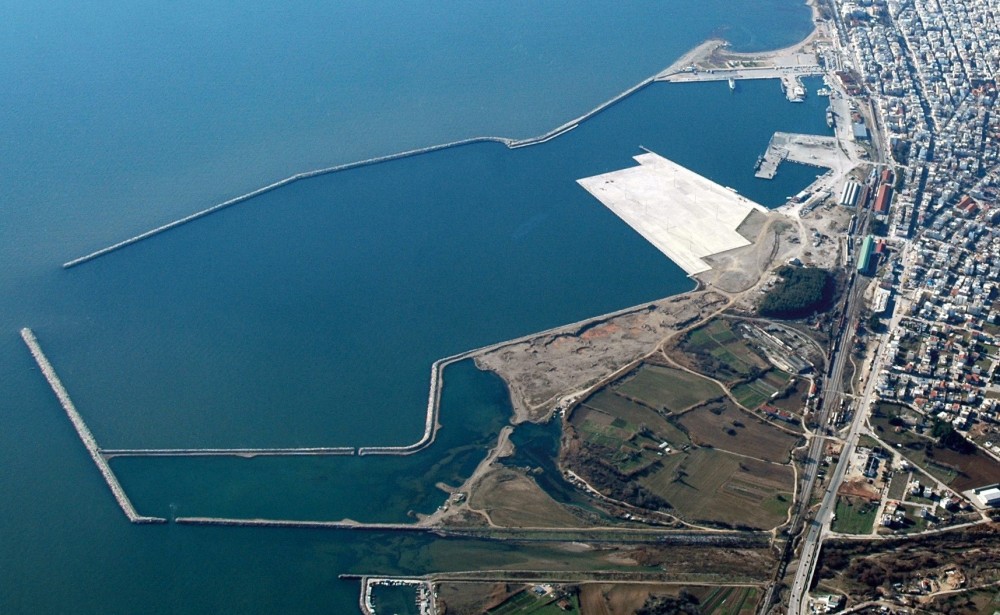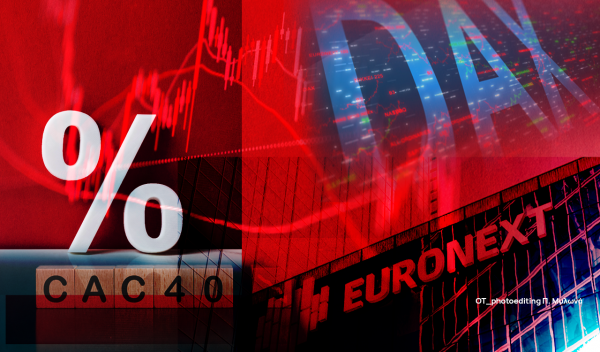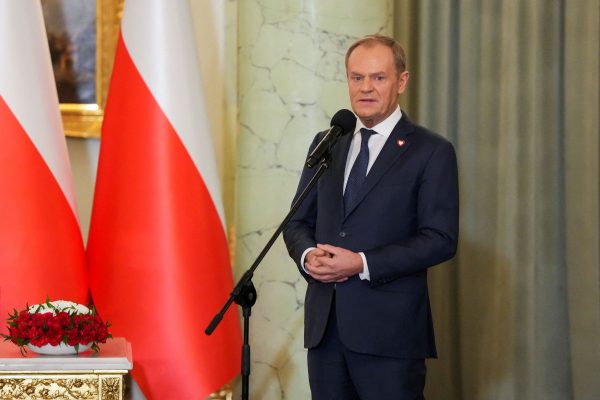
A new opportunity for choosing a different model for the utilization of Greek ports is seen opening up after the government’s decision to cancel the tender for the sale of the Alexandroupolis Port Authority, revealed to “TA NEA” newspaper by Thanos Pallis, professor of the Department of Maritime Studies at the University of Piraeus.
According to the professor, this point of view is reinforced by the fact that the debate on the geostrategic importance of ports is gaining strength throughout Europe, as can be seen from the developments in the port of Hamburg.
Speaking to “TA NEA”, Thanos Pallis explains that the model that dominates the utilization of ports in Europe is “public management body – private service providers” and this is not in dispute. However, as he says, these characteristics are changing. First, there is a greater emphasis on enhancing competition and avoiding control of ports by shipping companies and their alliances. On the other hand, mergers of port authorities are increasing, for example in Belgium, France, Italy, Canada, but also China, with the aim of rational planning of infrastructures, adaptation to the new energy environment and strengthening of port authorities vis-à-vis their users.
In Greece, unfortunately, he adds, no aspect of this debate is ongoing, while the choice of sporadic port sales, combined with inaction regarding the institutional framework of the smaller ports, further removes the prospect of a comprehensive strategy for the Greek port sector.
Asked to comment on the recent government decision on the port of Alexandroupolis, Thanos Pallis said that the government decision is part of the geopolitical planning of Greece, and there are indications that it did not surprise those involved. The specific port has comparatively fewer activities and so it may be an isolated decision. Professor Pallis noted that it remains an important development as it highlights the risks produced by the peculiar Greek pattern of privatizations of the port industry. The cancellation of the tender is a reminder of the geostrategic importance of ports. In fact, it comes at a time when a similar discussion is taking place all over Europe, on the occasion of the developments in Hamburg.
New challenges
On the occasion of this development, Thanos Pallis noted the new challenges for the ports, as he notes that maritime trade is increasingly concentrated in a few and strong alliances of liner shipping companies which acquire significant bargaining power in terms of their service and the costs they impose on local economies – putting pressure on local businesses, transport chains, and ultimately consumers.
In these circumstances, the sale of the port, regardless of the buyer, is a potentially disastrous choice, emphasizes professor Pallis. The utilization of public property presupposes the presence of private port service providers and a particularly strong public port management body. It would therefore be useful to be used by the Greek government to change policy and for the Hellenic Republic Asset Development Fund to change course, in order to act in the same way for the competitions of Igoumenitsa, Heraklion and Volos which are in progress. After all, if it proceeds with concessions of uses, it is more than a given that there are several interested investors.
Latest News

EU Condemns Trump Tariffs, Prepares to Retaliate
As tensions escalate, the EU is expected to continue negotiations with Washington while preparing for potential economic retaliation.

The Likely Impact of Trump Tariffs on Europe and Greece
Trump tariffs are expected to negatively affect economic growth in the Eurozone while Greece's exports could take a hit.

Motor Oil Results for 2024: Adjusted EBITDA of 995 mln€; Proposed Dividend of 1.4€ Per Share
Adjusted EBITDA for 2024 was down 33% yoy. The adjusted profit after tax for 2024 stood at 504 million euros, a 43% decrease from the previous year

Cost of Living: Why Greece’s 3% Inflation Is Raising Alarm
Greece appears to be in a more difficult position when it comes to price hikes, just as we enter the era of Trump’s tariffs.

Fitch Ratings Upgrades the Four Greek Systemic Banks
NBG’s upgrade reflects the bank’s ongoing improvements in its credit profile, Fitch notes in its report, including strong profitability, a reduction in non-performing exposures (NPEs), and lower credit losses

Trump to Announce Sweeping New Tariffs Wednesday, Global Retaliation Expected
With Trump's announcement just hours away, markets, businesses, and foreign governments are bracing for the fallout of one of the most aggressive shifts in U.S. trade policy in decades.

Inflation in Greece at 3.1% in March, Eurostat Reports
Average inflation in the eurozone settled at 2.2%, compared to 2.3% in February

Greece’s Unemployment Rate Drops to 8.6% in February
Despite the overall decline, unemployment remains higher among women and young people.

Jerry Kalogiratos Highlights Key Role of Energy Transition and Data Demand in LNG Outlook
Energy transition and the prospects of LNG were discussed at Capital Link’s 19th Annual International Maritime Forum, during a panel discussion with Jerry Kalogiratos (Capital Clean Energy Carriers Corp.)

Santorini Safe and Ready for a Dynamic Tourism Season
Authenticity, cultural heritage, and genuine experiences at the center of Santorini's new promotional campaign
























![ΕΛΣΤΑΤ: Αυξήθηκε η οικοδομική δραστηριότητα κατά 15,6% το Δεκέμβριο [πίνακες]](https://www.ot.gr/wp-content/uploads/2025/03/DSC9655-2-1024x569-1-90x90.jpg)

















 Αριθμός Πιστοποίησης
Αριθμός Πιστοποίησης